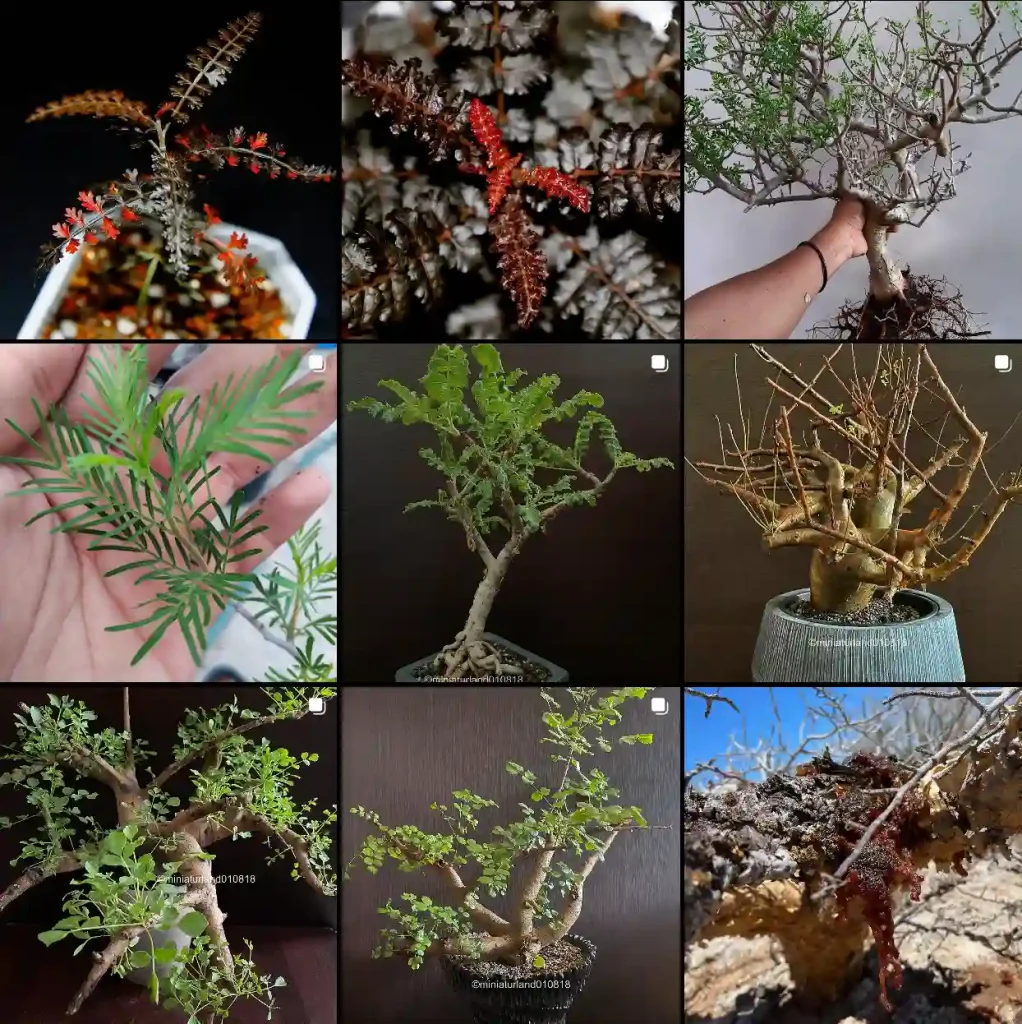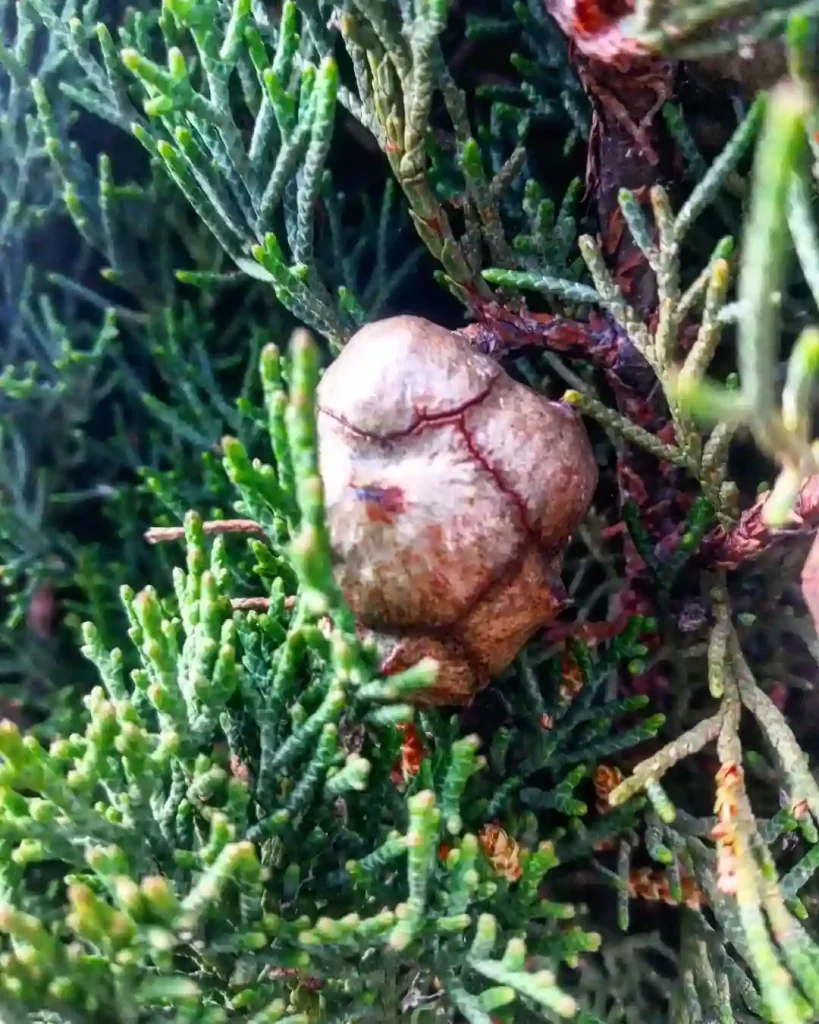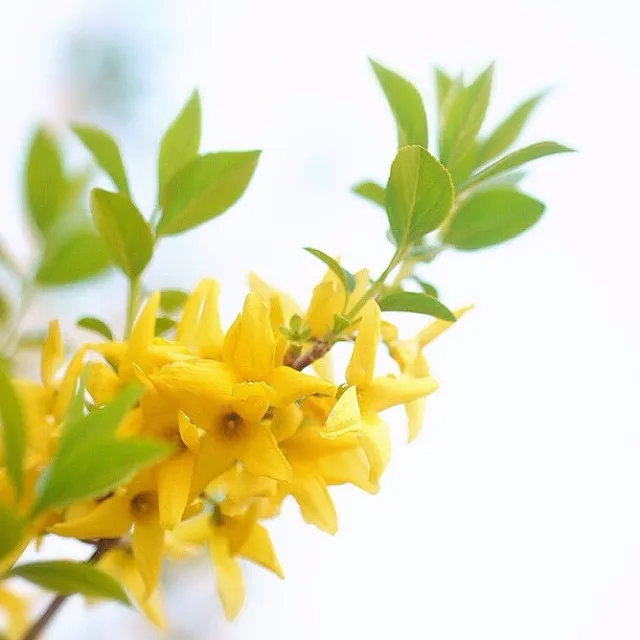How Tall Do Christmas Palms Get?
As a fan of tropical plants, I’ve often admired the elegance of the Christmas Palm (Veitchia Merrillii – a synonym of Adonidia Nerrillii). When fully mature, these palms can reach heights of 15 to 20 feet. Their slender trunk and feathery fronds make them a striking addition to any landscape. In ideal conditions, they can grow even taller, but it’s not common. If you’re considering adding one to your garden, be prepared for a plant that can make a significant visual impact.
2 Species in Genus Adonidia
How Fast Do Christmas Palms Grow?
Christmas Palms are relatively slow-growing compared to other palm varieties. On average, they grow about 6 to 12 inches per year. This slow growth rate means you’ll need patience, but it also means the tree won’t quickly outgrow its space. Regular feeding and proper care can help optimize its growth rate.
How Old Is the Corona Christmas Palm Tree Commercial?
The Corona commercial featuring the Christmas Palm is quite memorable. It first aired in 2004. The ad showcased the palm as a symbol of tropical relaxation, perfectly aligning with the beachy vibe of the Corona brand. It remains a nostalgic reference for many who love both the palm and the beer.
Are Christmas Palm Berries Edible?
The berries of the Christmas Palm are not typically consumed. While they’re not known to be highly toxic, they’re not considered palatable either. The fruit is generally left alone by people and pets, so there’s no real culinary use for it.
Are Christmas Palm Berries Poisonous to Dogs?
If you’re worried about your furry friends, you’ll be relieved to know that Christmas Palm berries are not considered highly toxic to dogs. However, it’s still a good idea to prevent your dog from eating them, as consuming large quantities of any plant material can potentially lead to digestive issues.
Are Christmas Palms Cold Hardy?
Christmas Palms are not particularly cold hardy. They thrive in USDA zones 10 to 11, which means they prefer warmer climates and are sensitive to frost. If you live in a region where temperatures occasionally drop below freezing, you’ll need to provide protection or consider growing your Christmas Palm in a pot that can be moved indoors during cold spells.
How Much Does a Christmas Palm Tree Cost?
The cost of a Christmas Palm can vary depending on its size and where you purchase it. On average, you might pay between $50 to $200 for a small tree. Larger specimens can be significantly more expensive, often costing several hundred dollars. Prices can also vary by region and availability.
How to Care for a Christmas Palm?
Caring for a Christmas Palm is relatively straightforward. They prefer well-drained soil and a sunny location. Water them regularly but avoid waterlogging the soil. They benefit from occasional feeding with a balanced palm fertilizer. Additionally, keep an eye out for pests like spider mites and scale insects, which can occasionally cause problems.
How to Germinate Christmas Palm Seeds?
Germinating Christmas Palm seeds requires some patience. First, soak the seeds in water for 24 hours to soften the outer coating. Then, plant them in a well-draining potting mix and keep them warm and humid. Maintain a temperature of around 75°F (24°C). Germination can take several weeks, so patience is key.
Where to Buy Christmas Palm Trees Near Me?
To find Christmas Palm trees near you, check local garden centers or nurseries that specialize in tropical plants. Online retailers and plant specialty stores often have a range of options, and they can ship directly to your location. If you’re in a tropical region, local plant markets might also have these palms available.
Christmas Palm vs. Foxtail Palm
When comparing Christmas Palm to Foxtail Palm (Wodyetia bifurcata), the main difference is in their appearance. Foxtail Palms have a bushier, more rounded crown of leaves, while Christmas Palms have a more traditional, slender form. Foxtail Palms also tend to be more cold-tolerant than Christmas Palms.
Christmas Palm vs. Alexander Palm
Alexander Palms (Archontophoenix alexandrae) and Christmas Palms are both elegant, but they have different growth habits. Alexander Palms have a more slender trunk and a slightly taller growth habit compared to Christmas Palms. Additionally, Alexander Palms can tolerate cooler temperatures better.
Christmas Palm vs. King Palm
King Palms (Archontophoenix cunninghamiana) and Christmas Palms both feature a single trunk and feathery fronds, but King Palms generally grow taller and faster. King Palms are also more tolerant of cooler temperatures, making them a better choice for slightly cooler climates.
Christmas Palm vs. Royal Palm
Royal Palms (Roystonea regia) are much larger than Christmas Palms, often reaching heights of 40 to 60 feet. They have a more robust trunk and a denser crown. While Christmas Palms offer a more delicate appearance, Royal Palms provide a grand, stately presence in landscapes.
What is the Best Soil for Christmas Palms?
Christmas Palms prefer well-draining soil rich in organic matter. A mix of sand, peat, and loam works well. Avoid heavy clay soils that retain too much moisture, as this can lead to root rot.
How to Propagate Christmas Palms?
Propagating Christmas Palms from seeds is the most common method. Ensure you start with fresh seeds for better germination rates. Alternatively, you can attempt to propagate through offshoots if you have a mature plant, though this method is less common.
Common Problems with Christmas Palms
Christmas Palms can face issues like yellowing fronds, which often indicate a need for more nutrients or improper watering. Pests such as spider mites and scale can also be a problem. Regular inspections and maintenance can help keep these issues in check.
Benefits of Christmas Palms
One of the key benefits of Christmas Palms is their striking appearance, making them a popular choice for tropical and coastal landscapes. They also add a touch of elegance to indoor spaces when grown in pots. Their manageable size and slow growth make them a versatile option for various settings.
Christmas Palms offer a classic tropical look with their elegant fronds and slender trunks. Whether you’re considering one for your garden or simply admiring from afar, understanding their needs and characteristics can help you appreciate these beautiful palms even more.
If i die, water my plants!



